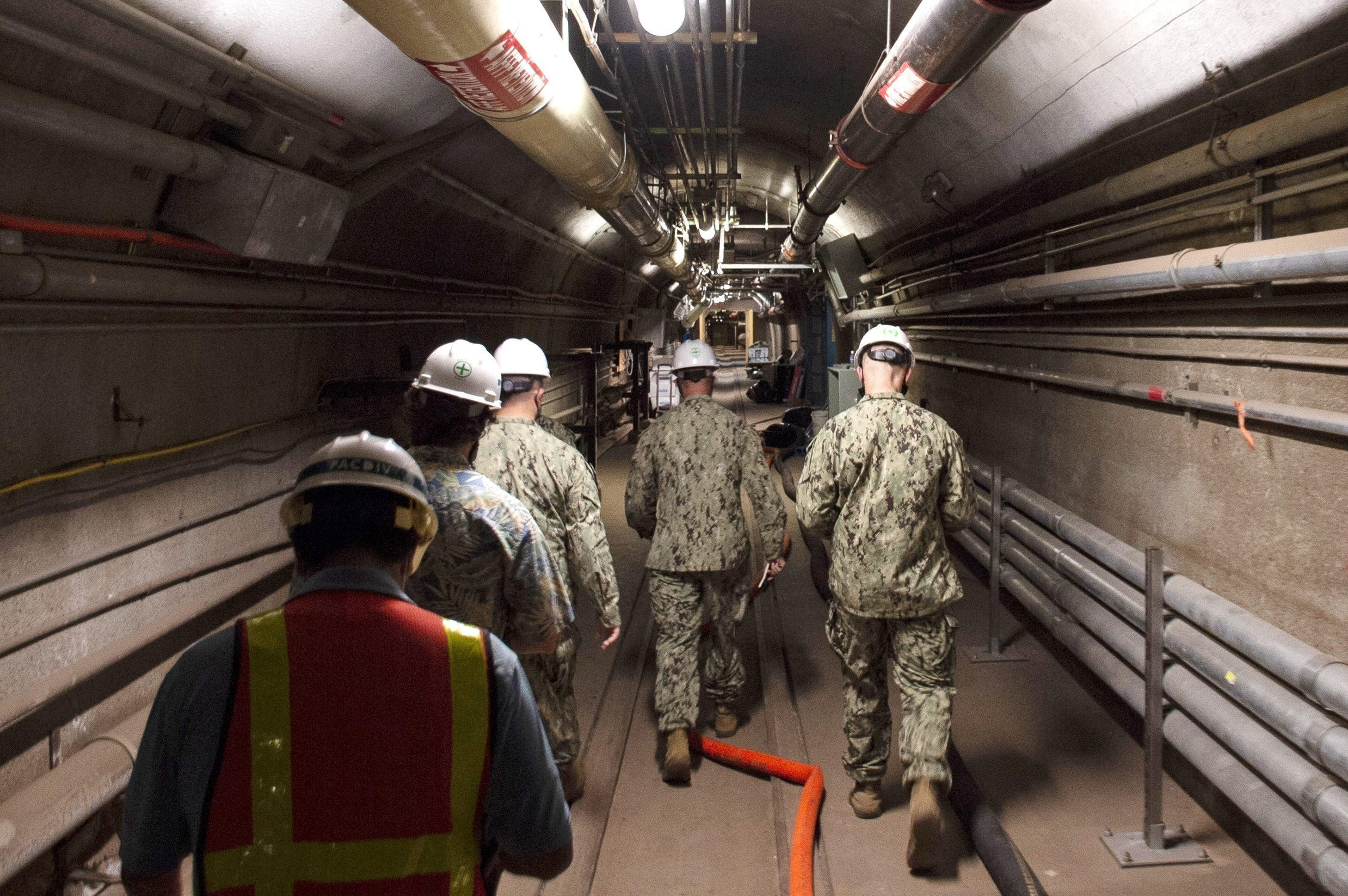Two civilian workers have been indicted after allegedly causing the Navy to provide false information about a 2021 jet fuel spill in Pearl Harbor. The spill contaminated local drinking water and sickened 6,000 people over Thanksgiving, prompting a grand jury investigation.
2 civilians indicted for their role in a Pearl Harbor fuel spill that sickened 6,000 people in 2021

Key Takeaways:
- A grand jury indicted two civilian workers for their alleged involvement in misleading health officials.
- The incident involved a Pearl Harbor storage facility leaking jet fuel.
- Around 6,000 people fell ill due to contaminated drinking water.
- The spill occurred over Thanksgiving in 2021.
- The charges underscore the importance of accurate reporting and swift response to public health threats.
Introduction
A grand jury has indicted two civilian workers in connection with a 2021 jet fuel spill at a Pearl Harbor storage facility. The charges allege that these individuals caused the Navy to submit false information to the Hawaii Department of Health about the scope of the spill before it seeped into the local water supply.
Background on the Spill
In late 2021, jet fuel from the facility unexpectedly leaked into the drinking water near Pearl Harbor. The spill coincided with the Thanksgiving holiday and, over time, was linked to the illness of nearly 6,000 people. Concerns mounted in Hawaii over the safety of military and civilian water sources once the contamination came to light.
Legal Charges
The indictment centers on the accusation that the two civilian workers knowingly contributed to the dissemination of inaccurate information to state health officials. A grand jury concluded there was sufficient evidence to pursue charges, focusing on whether the defendants’ actions concealed the severity of the spill and hindered an effective response.
Impact on Public Health
As the spill contaminated the local water system, thousands experienced various health issues linked to ingesting or using tainted water. The event underscored how critical timely, transparent reporting is when it comes to public health crises. It also raised questions about how both federal and state agencies track and communicate environmental hazards.
Significance of the Indictment
This case signals a call for greater scrutiny regarding the management of fuel storage facilities in sensitive areas. The grand jury’s action highlights not just the legal repercussions of falsifying information but also the urgent need for reliable oversight to protect public resources and public health.
Conclusion
While the incident took place two years ago, its consequences continue to reverberate in Hawaii and beyond. With two civilian workers now formally charged, the focus turns to the legal process and any reforms that may follow to ensure that a crisis of this magnitude does not happen again.











